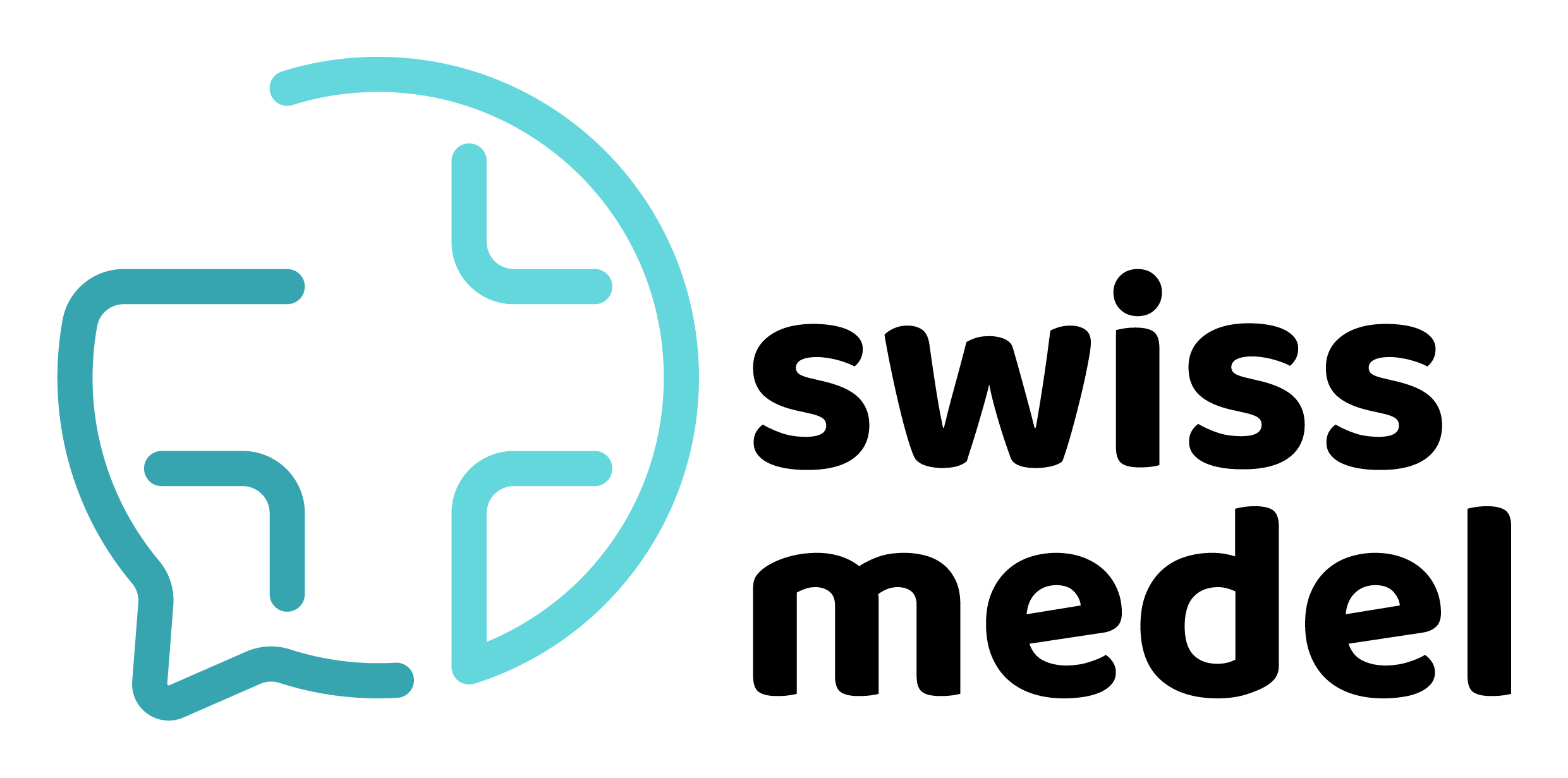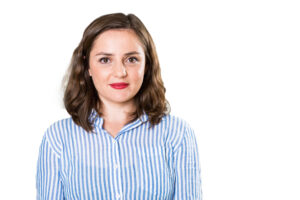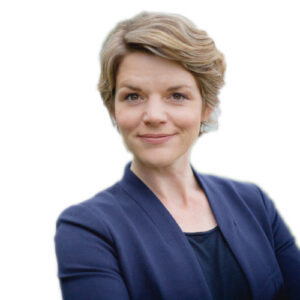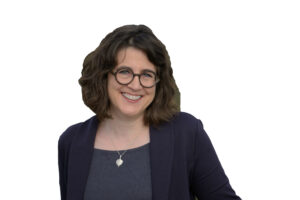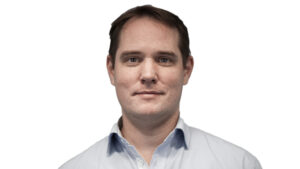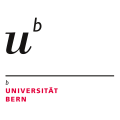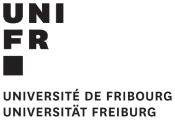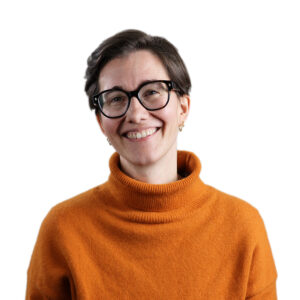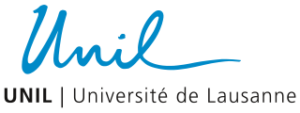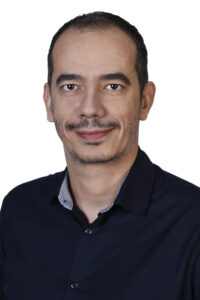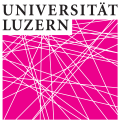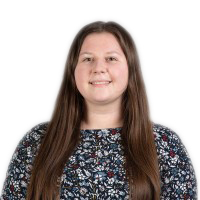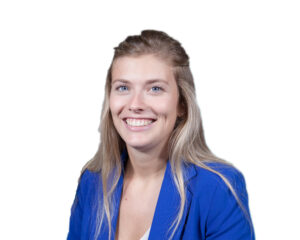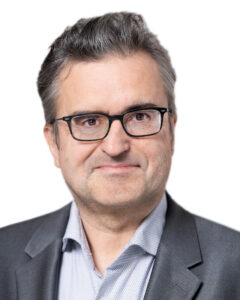Institutions & Members
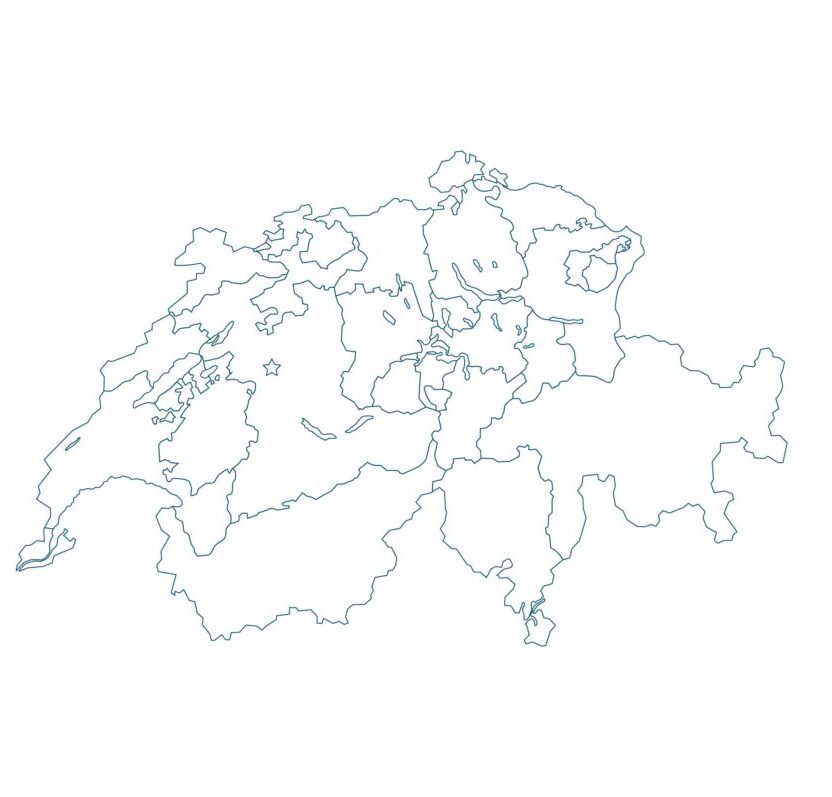
ETH Zurich (ETH)

D-HEST – Department of Health Sciences and Technology | ETH Zurich
The aim of the Department of Health Sciences and Technology is to create the foundations for sustaining and improving the quality of life for people into old age.
Mirdita is responsible for the coordination and the development of the curriculum BSc Medicine at ETH Zurich. Her main focus is the coordination and the continuous improvement of the curriculum. Mirdita is holding all the modules and lecturers together and is the link between the department staff, the lecturers, and the students. With her background in intercultural communication, she is perfectly suited to connect these different stakeholders, to translate the mysteries of ETH especially to external lecturers, and to make sure that everyone moves in the same direction.
Katrin is responsible for educational development at the Department of Health Sciences and Technology at ETH Zurich. Her primary focus is working with educators to enhance learning and teaching methods in order to improve the quality of life and health of individuals. She provides consultation and support for learning and teaching, promotes innovation in teaching and learning, and ensures quality assurance in study programs. Additionally, Katrin serves as an interface with central units for the department and collaborates with Educational Developers inside and outside the organization to foster networking opportunities.
Wanda is responsible for the coordination of the curriculum BSc Medicine at ETH Zurich. In addition to the coordination of the entire curriculum, her focus lies on moodle courses and E-learning.
The team’s primary goal is the continuous enhancement of the curriculum, ensuring that the content is regularly updated and aligned with evolving educational objectives. Diligent coordination between the modules in close collaboration with the various involved lecturers ensures a smooth and logical progression of content, fostering the development of essential skills and competencies.
University of Basel (UniBas)
The Faculty of Medicine of the University of Basel, together with the university hospitals, forms an integrated research and teaching environment for excellence-oriented training of the next generation of physicians and medical scientists. It unites researchers, teachers and learners from different scientific disciplines in a university culture characterized by openness, appreciation, equal opportunities and a willingness to perform.
Christiane is responsible for university and medical didactics in the Office of Student Affairs of the Medical Faculty at Basel University. She holds a PhD in Social Science. In cooperation with her colleagues from the e-learning team she is working on didactic solutions that combine traditional and digital methods and tools in the medical education in a reasonable way.
University of Bern (UniBe)
Institute for Medical Education | IML
We are a national center of excellence for medical education. We combine research and practice in teaching, assessment and development. Our many years of experience guarantee the quality of our services. We create sustainable, well-founded and customer-oriented solutions. To achieve this, we work in an interdisciplinary manner with partners from universities, health care professions and business.
University of Geneva (UniGe)
The UNIGE’s Faculty of Medicine has a reputation for pioneering teaching methods (problem-based learning, integrated teaching) and offers its students a quality education that will enable them to meet the needs of society, whether they are destined for post-graduate training in primary care medicine or in one of the specialties of medicine
Within the Faculty, the Techno-pedagogical team is responsible for setting up, coordinating, managing and updating the tools and platforms used for teaching at the Faculty of Medicine. It also seeks to improve digital culture and support the appropriate use of digital tools for training and learning. Finally, it coordinates its activities with other pedagogical and technological entities at the University of Geneva.
The Techno-pedagogical team seeks to promote a technology that is always at the service of the pedagogy and the users, a sustainable technological innovation that brings real added value. And finally, e-learning can be the format of first choice. Distance is not necessarily a drawback.
Frédéric is part of the medical school’s techno-pedagogical team. He contributes to the implementation of the faculty’s policy for the integration and use of digital technologies in medical training. The main tasks are carried out in coordination with the other members of the techno-pedagogical team.
His main areas of interest and action are:
- e-portfolio – GPS: Development, administration and user support
- Curriculum mapping – LOOOP: member of the project team for the development and management of curriculum mapping with the LOOOP tool
- He is also responsible for various web applications for teaching administration (registration for elective courses, management of master’s theses, etc.).
- He is involved in teacher training (e.g. workshops on the use of numerical tools to make students more active).
- More recently, he has contributed to discussions on the use of generative AI in teaching.
University of Fribourg (UniFr)
The core tasks of the Department of Medicine are on the one hand the training of physicians, and on the other hand the teaching of biomedicine, sports and exercise sciences. In the area of medical education, our special focus is on family medicine, which is unique in the whole of Switzerland. The teaching is complemented by a broad spectrum of research interests, ranging from the molecular biological and cognitive foundations of the life sciences to the cultural and literary dimensions of medicine.
Emily is responsible for coordinating the Bachelor’s programme in Human Medicine. In this role she builds on the strengths and established values of the bilingual studies, while integrating the latest innovations in quality assurance and medical education. As one of two pedagogical advisors, she is dedicated to enhancing the learning experience for students and ensuring the smooth operation of academic programs by fostering a collaborative and creative educational environment. She holds a PhD in German Literature and a diploma in higher education.
Justine is one of the two coordinators and pedagogical advisors for the Master’s programme in Human Medicine at the University of Fribourg, Switzerland. She is responsible for the coordination and planning of the course programme and supervises all clinical placements. Justine holds a Master’s degree in Education as well as being a qualified occupational therapist. Thanks to her in-depth knowledge of the Swiss healthcare education system and her extensive experience in the hospital environment, she bridges the gap between academic learning and clinical practice. She combines this with a growing interest in integrating digital learning approaches into medical education.
Colette is one of two coordinators and pedagogical advisors for the Master’s programme in Human Medicine at the University of Fribourg. She holds a Master’s degree in Psychology and Pedagogy as well as a PhD in Pedagogy. Her expertise encompasses learning, motivation, emotions, and reflective practice—topics on which she facilitates workshops for Master’s students, teachers, and learning advisors. She conducts the implementation and development of the ePortofolio tool, an integral part of the curriculum in Fribourg designed to support students’ learning path within the competency-based education framework.
University of Lausanne (UNIL)
Faculté de biologie et de médecine | UNIL
The research and teaching of the Faculty of Biology and Medicine cover three distinct disciplines that share the same interest in living beings, thus offering three complementary approaches and cultures. Biology studies nature in all its forms and focuses its academic activity on fundamental research. Medicine and Nursing Science focus on human beings in their entirety, whether in good health or suffering physically or mentally. Their activities are oriented towards care for the sick and clinical research.
Jean-Michel is instructional designer and responsible for all the techno-pedagogical aspects at the School of Medicine of Lausanne. He coordinates, develops and supports initiatives and projects relating to medical techno-pedagogy and the development of digital skills among teachers and students. He ensures that the techno-pedagogical solutions adopted by the Medical Pedagogy Unit and the School of Medicine are coherent, aligned with the institution’s strategic objectives and scientifically based. It also manages projects based on identified needs.
University of Lucerne (UniLu)
Faculty of Health Sciences and Medicine | UniLu
The faculty enables scientific research in its fields to be carried out at a high level. It conducts research-based teaching, enables learning in direct connection with science and prepares its students for lifelong learning. It also promotes and develops new and innovative teaching formats.
University of St. Gallen (HSG)

The School of Medicine, as an institute under HSG, is specifically tasked with organizing the Joint Medical Master (JMM-HSG/UZH) in collaboration with the University of Zurich, the Cantonal Hospital St. Gallen, and other institutions in the eastern part of Switzerland. Furthermore, it serves as a research institute within HSG, overseeing chairs dedicated to Management in Health Care, Digital Health Interventions, Medical Knowledge and Decision Support, and Medical Humanities.
Università della Svizzera italiana (USI)
Faculty of Biomedical Sciences | USI
USI Faculty of Biomedical Sciences was established in 2014 with the aim of addressing an important national problem: the dearth of physicians trained in Switzerland. Hence, the Faculty offers a Master degree of Medicine. Furthermore, the Faculty is offering doctoral programmes, postgraduate education, and programmes in the field of biomedical entrepreneurship.
Anda has studied Educational sciences and Adult education at the University of Fribourg, with a focus on the development of digital skills of the university’s academic staff. Within the eLab, she works as an instructional designer and collaborates on projects for the creation and management of online masters’ courses, didactical courses for the doctors of the Faculty of Biomedicine, the management of ePortfolio platforms (Mahara and Checkpoint), and projects for the development of the digital skills for USI’s academic staff.
Giorgia obtained a Master in Education (focusing on “Innovation and training”) at the University of Fribourg in 2016. She is currently working as Instructional designer at eLab where she is involved in several eLearning projects, in particular the design and development of USI MOOCs (Massive Open Online Courses) and other projects in collaboration with other Swiss universities. Therefore, she is working on the design and development of several didactical courses for doctors at the new Faculty of Biomedicine and on the management of the ePortofolio platform “Checkpoint”.
University of Zurich (UZH)
The Faculty of Medicine of the University of Zurich is committed to high quality teaching and continuing research-based education of students in health care professions. Excellent and internationally recognised scientists and clinically outstanding physicians are at the Faculty of Medicine devoted to patients and public health, to teaching, to the support of young researchers and to academic medicine. The interaction between research and teaching, and their connection to clinical practice play a central role for us.
Marco is responsible for e-learning in the Office of Students Affairs of the Medical Faculty in Zurich. He is in charge of online portals for medical students, mainly the Virtuelle Plattform Medizin (VAM) and OLAT, and he supports the lecturers with questions concerning their access to the University’s web resources. After studying history and economics, Marco trained in website development. His past journalistic experience help him in enhancing the communicative aspects of information technology.
